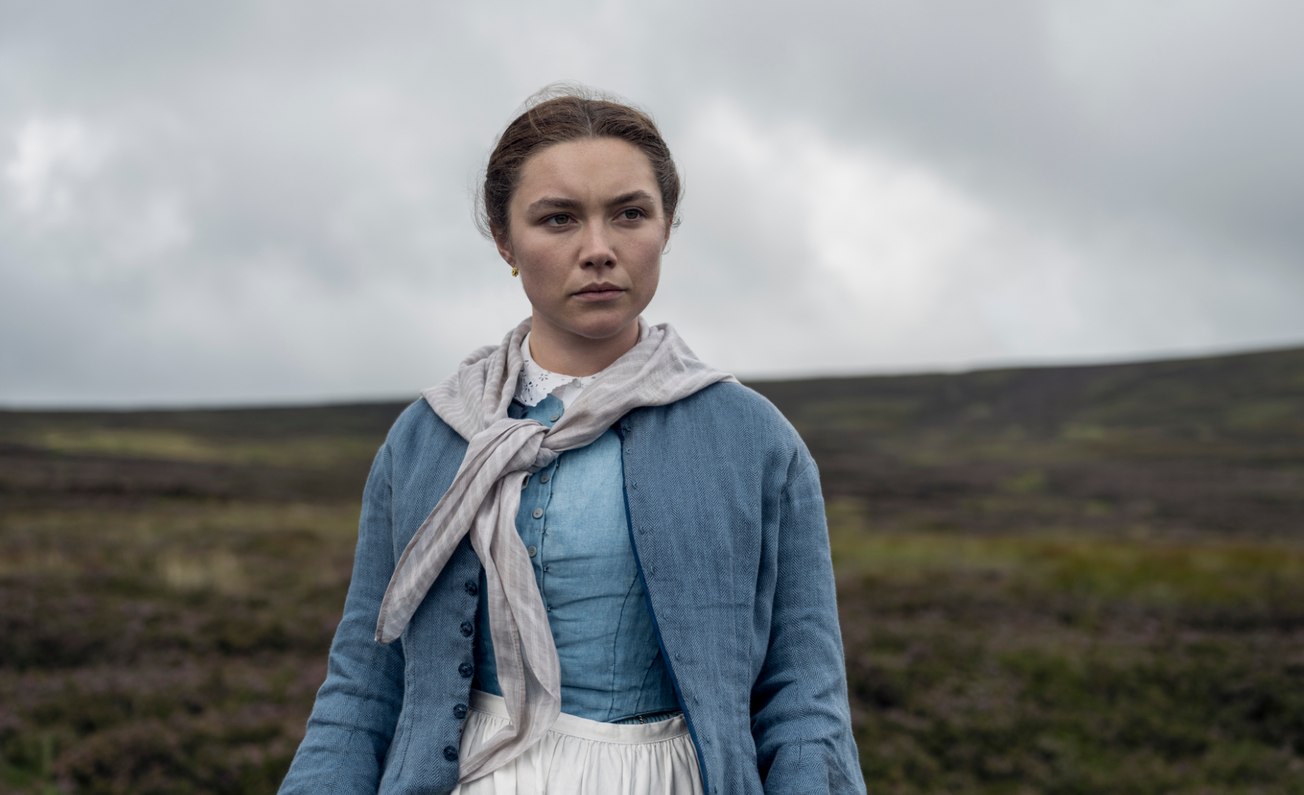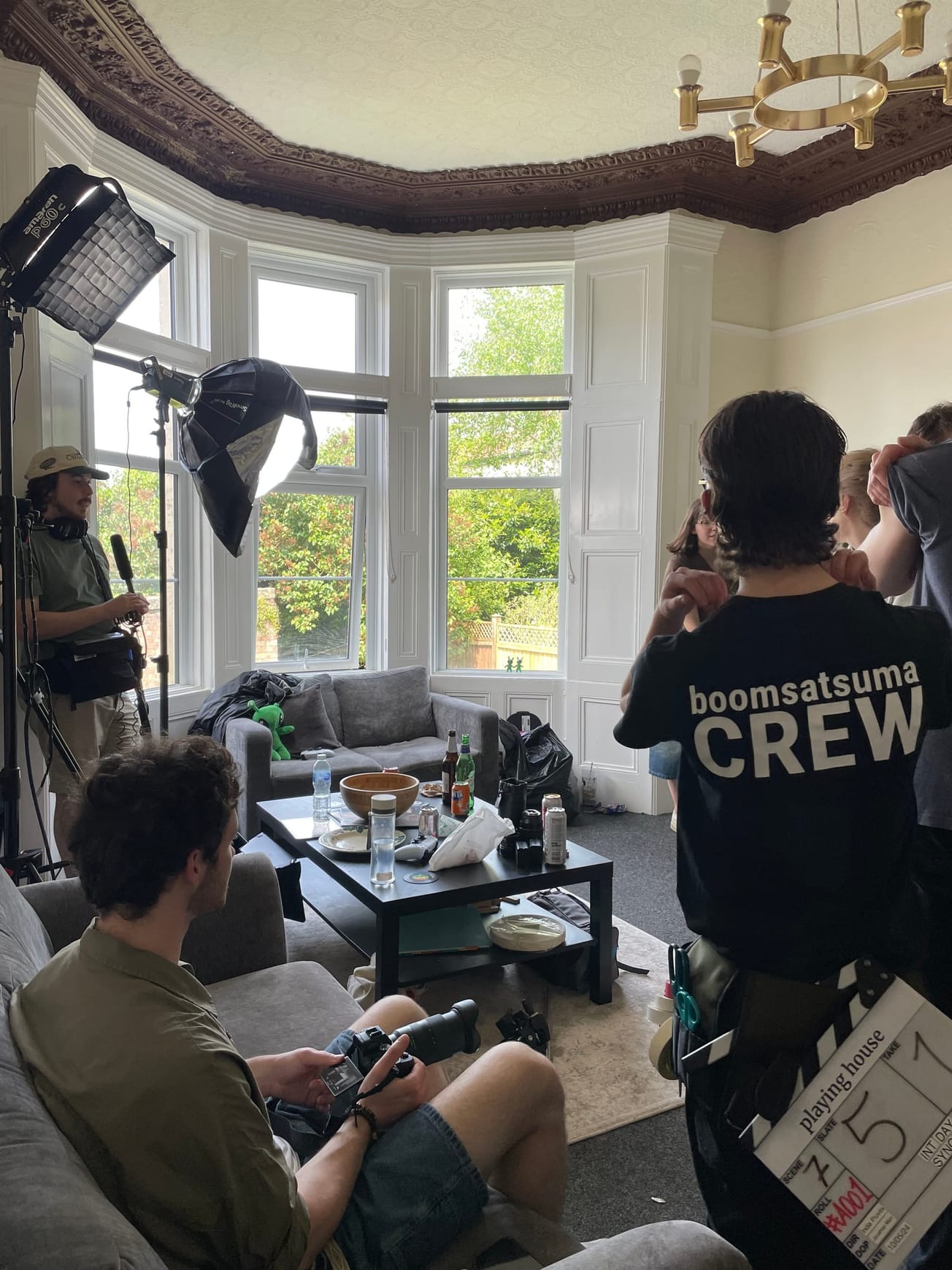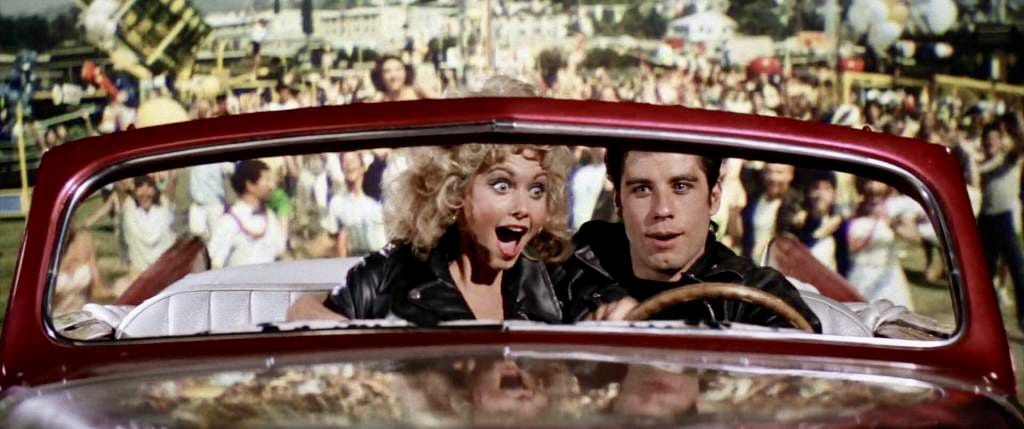By Tara de Mel, Second Year, English and Philosophy
Chilean filmmaker Sebastián Lelio’s adaptation of Emma Donoghue’s novel takes particular aim at the potency of belief and the constitutional quality of storytelling. With the screenplay co-written by Lelio, Donoghue and Lady Macbeth (2016) screenwriter Alice Birch, The Wonder has already been nominated for 12 British Independent Film Awards – and deservedly so!

Based on Emma Donoghue’s subversive novel of the same name, The Wonder takes place in rural Ireland in 1862, shortly after the Great Famine. English nurse Elizabeth “Lib” Wright (Florence Pugh) is sent to watch over a young girl who claims not to have eaten in four months yet miraculously remains in perfect health. Anna O’Donnell (Kíla Lord Cassidy) and her family maintain that she is able to survive only on ‘manna from Heaven’, yet Lib, a woman of medicine, alongside a nun, a woman of faith, are tasked with determining the validity of their claim.
The film begins not with a misty shot of the Irish moors but rather a half-dressed modern soundstage, with the disembodied voice of a narrator breaking the fourth wall before it has been meaningfully constructed. The narrator claims, “We are nothing without stories”, and invites us to believe in the one we are about to be told. The camera subsequently pans to Florence Pugh as Lib, in the set of a boat bound for Ireland, viscerally reminding viewers that belief can indeed be transformative.
The opening filters the film through a lens of storytelling and directs the narrative with a focus on belief. The central dichotomy between religion and science does not lead to a mutual exclusivity between truth and lies but instead calls to question the stories we tell ourselves and the motivations behind them; to conceal or relive the past, or perhaps to provide hope.
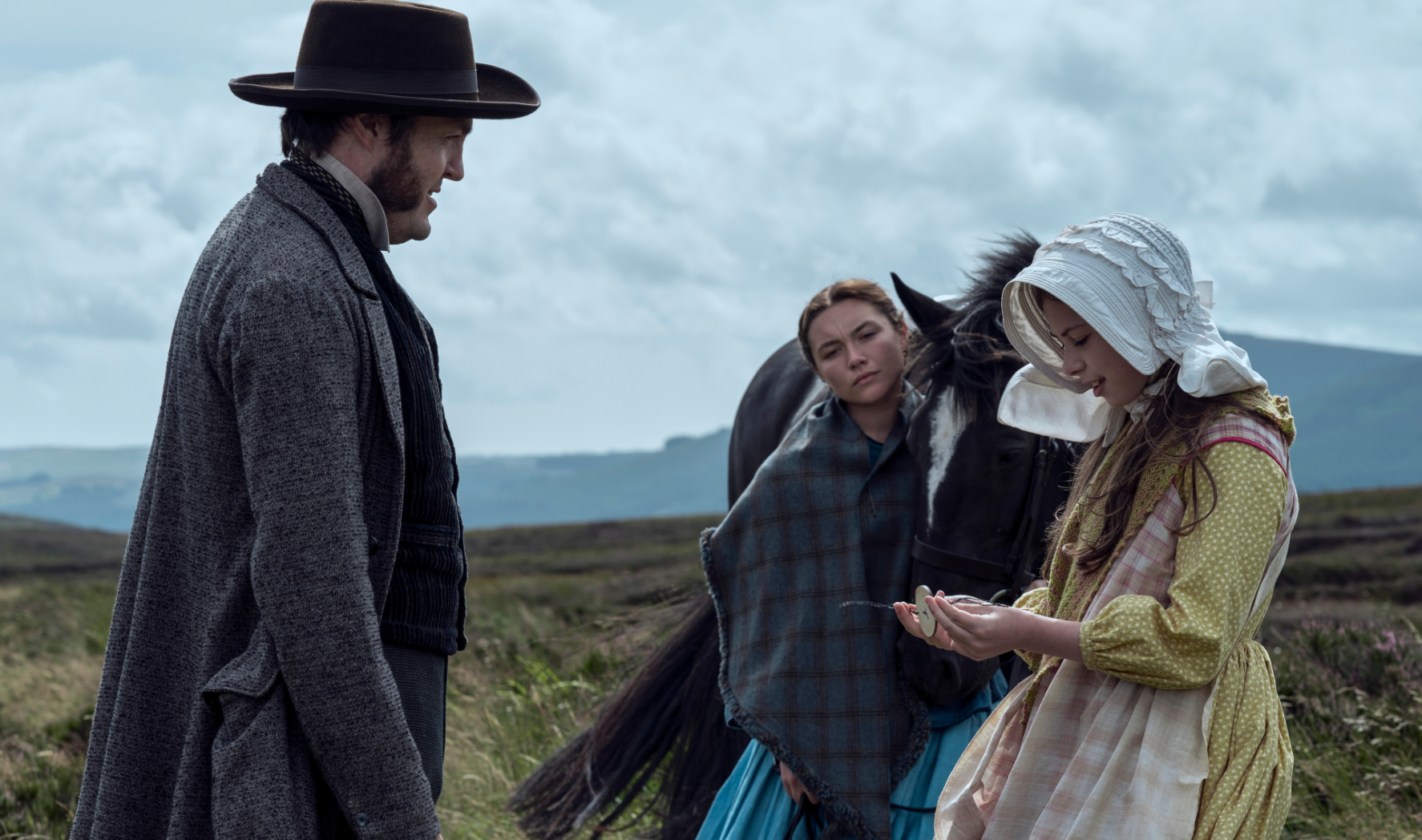
The Wonder is abundant in cinematic devices which serve the greater concept of the film. The bleak yet beautiful landscape seems in mourning for the memory of those lost to the famine, and the palpability of a country in recovery is borne through Ari Wegner’s striking cinematography. With her repertoire of works, including The Power of the Dog (2021), it is unsurprising that her focus here should be on how the landscape reflects the hardships of its inhabitants.
High-contrast frames of Lib and members of the small community paint a vivid picture of grief and despair, whilst Matthew Herbert’s score features whispers of ethereal human voices, creating a sense of being surrounded by wandering souls. Girdled by the painful reminders of starvation, it is unsurprising that some are so willing to believe in a girl who does not need food in order to survive.
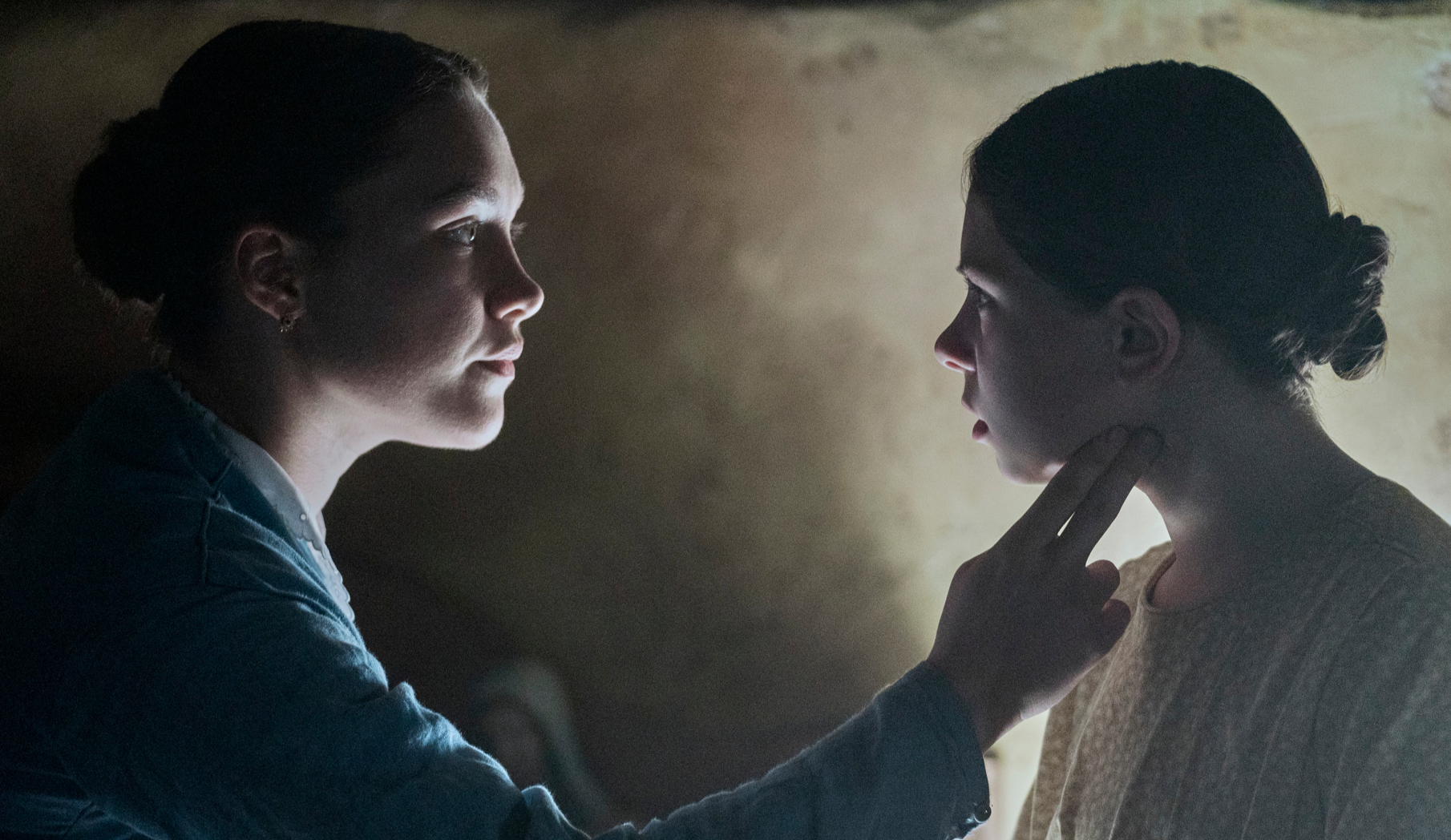
Kíla Lord Cassidy’s spirit and conviction capture the audience in a sublimely authentic performance. In even her most heart-wrenching scenes, she retains the youthful playfulness that makes her character so endearing to both Lib and the viewer. Florence Pugh brings depth and sophistication to yet another project, masterfully portraying Lib’s conflicted conscience. Both are magnificent in their roles, with the two coming together to perfectly communicate their characters’ complex yet tender relationships.
Though it takes some time to fully appreciate this film, it is certainly worth the watch.
Featured Image: Aidan Monaghan/Netflix, courtesy of IMDB
Will you be watching this critically-acclaimed film?

